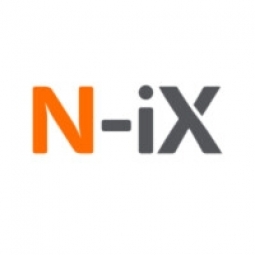Improving Service Quality with Customized Solutions for Railway Control and Communication
- Networks & Connectivity - 5G
- Sensors - GPS
- Railway & Metro
- Transportation
- Maintenance
- Quality Assurance
- Public Transportation Management
- Visual Quality Detection
- System Integration
- Training
The client, a developer, manufacturer, and installer of high-tech communication systems for niche markets, was facing a challenge in boosting the speed and efficiency of their customized solutions for railway communication and control. As the popularity of their solution grew, so did their customer base. This led to an increased need for efficiency in customizing their solution to an increasing number of railway transports. The client wanted to improve service quality and better match the specific needs of each customer, which included features such as passenger information systems, video surveillance, seat reservation, ad management, and more.
The client is a developer, manufacturer, and installer of high-tech communication systems for specific niche markets. They specialize in the design, production, and maintenance of communication and control systems for railways. The client offers customized solutions for railway control and communication, implementing specific features that their customers request, such as passenger information systems, video surveillance, seat reservation, ad management, and more. As the popularity of their solution grew, so did their customer base, leading to an increased need for efficiency in customizing their solution to an increasing number of railway transports.
The N-iX team collaborated with the client to maintain their systems, build new features, and find the best technical solutions. They developed an advanced onboard control system for train drivers, which provides permanent train control, sets routes for trains, and logs train movement. The system also enables train operators to send audio announcements or display them inside the train, and allows drivers to receive calls from passenger emergency intercoms and conduct calls between train cabins. The team implemented services for integration with specific providers using Quarkus, a Java framework, which provides various information such as door or GPS status. This information is sent to services that, based on the data received, can make various announcements, both audio or visual, on displays inside and outside the train. They also developed a real-time data control system that considers the train's topology, the number of railroad cars, car length, and the size of the upcoming station platform to accurately calculate the opening of all train doors at the next stop.
Related Case Studies.











